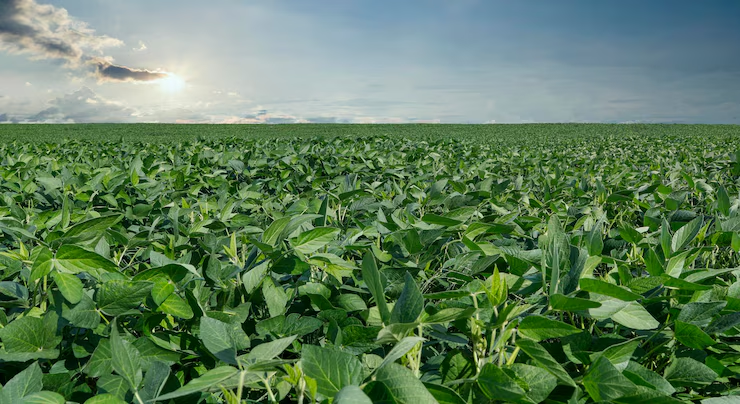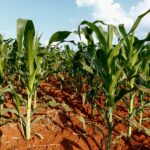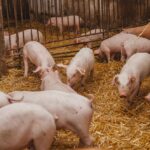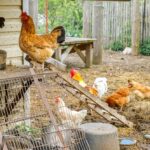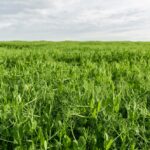Mpumalanga’s fertile soils and favorable climate are making it an increasingly attractive region for soybean farming. With global demand for protein-rich crops on the rise, soybeans are emerging as a high-potential crop for local farmers. The province’s well-distributed summer rainfall and moderate temperatures align well with the soybean growing season, particularly in areas like Ermelo, Bethal, and Middelburg, which offer ideal conditions for production.
Starting a soybean farm in Mpumalanga involves moderate input costs. Farmers can expect to spend between R6,000 and R8,000 per hectare on seed, fertilisers, pesticides, and land preparation. High-quality seeds typically cost around R1,200 to R1,800 per hectare, while soil correction and fertilisation may add up to R3,000 per hectare. Pest and weed control ranges from R1,000 to R1,500 per hectare. However, most maize or sunflower farmers already have the equipment needed for soybean farming, reducing additional capital outlay.
In terms of returns, soybean yields in Mpumalanga average between 2.2 and 3.5 tonnes per hectare under proper management. Some farmers have even achieved yields exceeding 4 tonnes in optimal seasons. With market prices fluctuating between R8,500 and R10,000 per tonne, gross income per hectare can range from R18,700 to R35,000. After deducting input costs, net profits of R10,000 to R25,000 per hectare are achievable, depending on market conditions and production efficiency.
Soybean farmers in the province benefit from growing market access and strong local demand, driven by the feed, oil, and food processing industries. Proximity to crushers, cooperatives, and transportation infrastructure enhances profitability and market reliability. Additionally, the local expansion of crushing capacity has reduced reliance on imported soybeans, offering more stable pricing for producers.
Despite its profitability, soybean farming comes with risks such as pest infestations, adverse weather conditions, and market price fluctuations. However, with good agricultural practices and planning, these risks can be managed effectively. Furthermore, soybeans contribute to long-term farm sustainability by improving soil health, fixing nitrogen, and breaking pest cycles when rotated with crops like maize or wheat.
For many farmers in Mpumalanga, soybeans are proving to be not only a profitable crop but also a smart investment in the future of their farming operations. With careful management and awareness of market trends, soybean farming offers promising returns and an opportunity to grow in South Africa’s evolving agricultural landscape.
Join 'Farmers Mag' WhatsApp Channel
Get the latest Farming news and tips delivered straight to your WhatsApp
CLICK HERE TO JOIN
